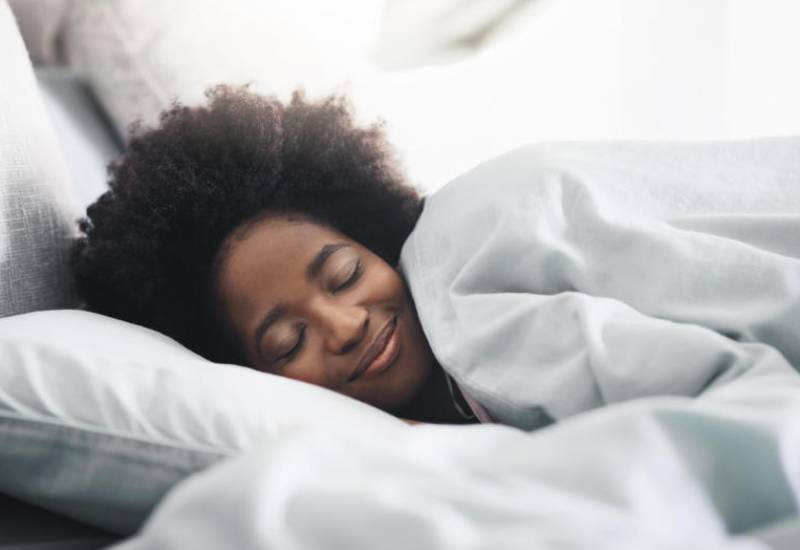
Getting a good night's sleep might be the therapy you need after a long, draining day. It is also crucial for your general health- it boosts heart health, impacts your weight and directly affects your emotional well-being.
Now that we have established that your skin will thank you after a good night's rest, we take a look at how to maximize your rest and get that perfect beauty sleep:
Before bed:
Settle into a good nighttime skin routineAlways remove make-up when going to bed.
"During the day, your makeup acts like a magnet holding onto pollution, oils, dirt, and dead skin. Leaving all that on your face overnight is like an open invitation for bacteria, clogged pores, breakouts, and blackheads," Dermalogica.com notes.
Use a good make-up remover if possible, then use a gentle cleanser. While toners and antioxidant serums follow, you may skip these steps and go straight to applying moisturizer.
"Toners are designed to replenish skin through hydration and remove dead cells and dirt left behind after cleansing," Healthline reports, adding, "Straight after cleansing, either tap directly onto the skin or onto a cotton pad and swipe over the face in an outward motion."
The health website notes that using a toner is not necessary for those with dry skin.
- Returning to work after maternity leave
- Teach your children good values at an early age
- Keeping your children busy over the holidays
- Safely include your children in the kitchen with these tips
Keep Reading
Moisturizer is used to soothe and soften the skin.

Your bedroom should not have loud noise disturbances, which can cause sleep disruption.
"You should strive to keep your bedroom as quiet as possible by blocking outside noises. Some people enjoy listening to music when they go to bed. Ambient sounds or soothing music, may also alleviate anxiety and ease physical pain. Noise-blocking curtains are also widely available," Sleep Foundation, a sleep health information website notes.
The website notes that we should also avoid exposure to artificial light; as it disrupts sleep rhythm.
"Smartphones, televisions, and other devices with screens also produce artificial blue light that can be detrimental to sleep, even if you use dimmer 'nighttime' screen settings."
In bed:
Select comfortable bedding of your liking. A good quality mattress should be firm, made of breathable material, and offer spinal support. Keeping clean and fresh beddings is also essential in keeping your skin healthy. After all, you'll spend 7 hours a night rubbing your face against those very pillowcases- so you want them changed and washed regularly.
Make your bed a peaceful placeLeave the bed for sleep and sex. If you train your mind to see your bed as a place where you send some last-minute emails or return calls, this will disrupt your sleep quality and lower your mood.
You want to get a feeling of calmness when getting into bed and wind down on the thoughts racing in your mind.
"When we use our bed for other activities, like working, reading, watching TV, etc., we create an association with wakefulness. We want the bed to be a cue for sleep, and working in bed weakens this association," Healthline reports.
Get 7-9 hours of sleepIf you are between the ages of 18 to 25 years (young adults), you need 7-9 hours of sleep. The same goes for ages 26 to 64 years (adults). This has been recommended by several studies, including one by the National Sleep Foundation, a website that provides expert information on health-related issues concerning sleep.
Healthline notes that the results of poor sleep on your skin include: skin that ages faster, skin that doesn't recover well from environmental stressors like sun exposure and a lack of satisfaction with your skin quality.
 The Standard Group Plc is a multi-media organization with investments in media platforms spanning newspaper print
operations, television, radio broadcasting, digital and online services. The Standard Group is recognized as a
leading multi-media house in Kenya with a key influence in matters of national and international interest.
The Standard Group Plc is a multi-media organization with investments in media platforms spanning newspaper print
operations, television, radio broadcasting, digital and online services. The Standard Group is recognized as a
leading multi-media house in Kenya with a key influence in matters of national and international interest.

